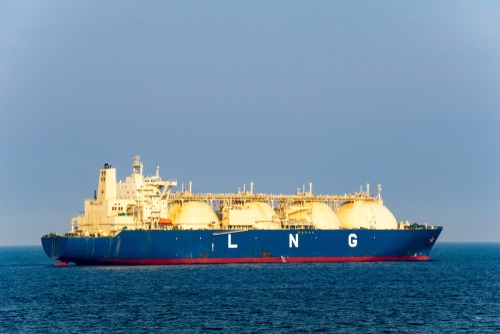
U.S. liquefied natural gas (LNG) has the potential to help Europe strengthen its energy security, according to a recent report by the American Petroleum Institute (API) and the International Association of Oil and Gas Producers (IOGP).
The study, conducted by Rystad Energy, found that new long-term supplies from abundant and affordable resources could fully replace Russian natural gas and rebalance the European market.
“As Russia holds European energy supplies hostage, this study shows how critical American natural gas will be to lasting global energy security,” API Vice President of Natural Gas Markets Dustin Meyer said.
From 2021 to 2040, Europe’s demand for LNG is projected to increase 150 percent. According to the study, Europe could replace Russian imports before 2030 with abundant and affordable global natural gas resources.
U.S. LNG is being exported to Europe at record levels while reserves of natural gas have increased nearly annually since 2000. This is because of steady gains in drilling activity, production technologies and natural gas exploration.
“To harness the power of U.S. LNG, we need smart and consistent policy support here at home, including strengthening domestic pipeline networks and energy export facilities, that will ensure both American consumers and global allies have access to the reliable energy that powers our modern world,” Meyer said.
The United States would need to expand its LNG export capacity to meet shared energy security commitments with the European Union, while the European Union would need to expand its import capacity over the next several years.
To meet European demand, the United States needs timeliness and transparency in the permitting and approval process for the full natural gas and LNG value chain, and the appropriate European legal framework must support long-term LNG purchases and infrastructure contracts, the report said.
API is a standards-setting organization. IOGP Europe supports the goal of reaching climate neutrality in Europe and calls for inclusive policies.